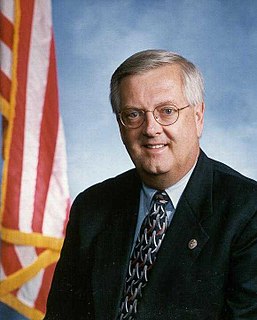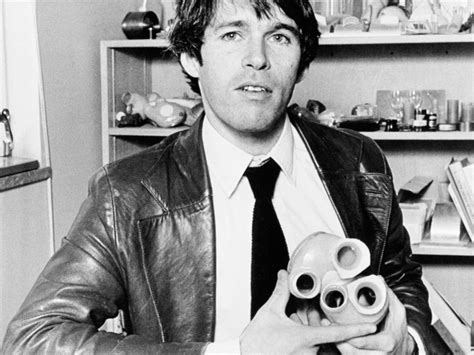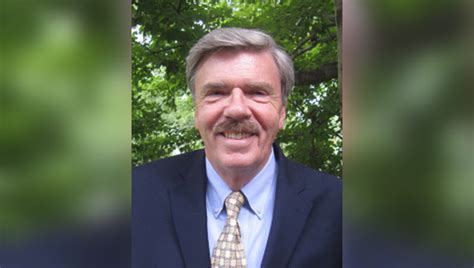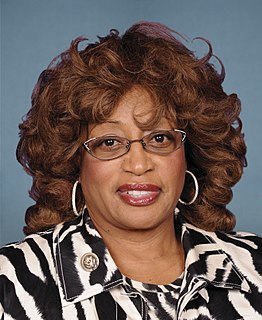A Quote by James Comey
In my view, a huge portion of WikiLeaks's activities has nothing to do with legitimate newsgathering, informing the public, commenting on important public controversies, but is simply about releasing classified information to damage the United States of America.
Related Quotes
I also urge the Obama administration - both on its own and in cooperation with other responsible governments around the world - to use all legal means necessary to shut down WikiLeaks before it can do more damage by releasing additional cables. WikiLeaks' activities represent a shared threat to collective international security.
When Private Bradley [aka Chelsea] Manning put his conscience ahead of his personal well-being by allegedly releasing important information to the world's public via WikiLeaks, he was put into an inhumane solitary confinement and is now facing charges that carry the possibility of him spending the rest of his life in prison.
If we really care about safety we would close down WikiLeaks. We would treat the people at WikiLeaks as enemy combatants. We would declare that the kind of thing this private did is treason. WikiLeaks is not a fun and games event. WikiLeaks undermines profoundly the ability of the United States to work around the world. Why would you, if you were a foreigner thinking about helping the United States, why would you confide anything to an American when you know that it could end up in The New York Times based on some leak?
I have looked at public opinion polls in France in the late 1940s and early 1950s during the height of Marshall Plan aid. They had a very negative attitude towards the United States then. There were negative attitudes towards the United States because of Vietnam. There were negative attitudes about the United States when Reagan wanted to deploy intermediate range ballistic missiles. I don't think the president should base his foreign policy on American public opinion polls, let alone foreign public opinion polls.
I think that we're at an alarming moment in American political development and maybe in world political development, because the United States is so influential. If the trends of the last thirty or forty years are not halted and reversed - and those trends include increasingly inequality, a crumbling public life, a disintegrating public infrastructure, an exhausted ecology, and a huge war arsenal, and more and more war making - then I'm rather gloomy about the prospects for the American future and the harm that the United States could do to the world.
A: Snowden has enough information to cause more damage to the US government in a minute alone than anyone else has ever had in the history of the United States. But that's not his goal. [His] objective is to expose software that people around the world use without knowing what they are exposing themselves without consciously agreeing to surrender their rights to privacy. [He] has a huge number of documents that would be very harmful to the US government if they were made public.
What happens when I'm dealing with the problems in North Korea and the Middle East? Are you folks going to be reporting all that very, very confidential information, very important, very - you know, at the highest level? Are you going to be reporting about that, too? So I don't want classified information getting out into the public in a way that was almost a test.
When Wikileaks comes out, which I have nothing to do with, they're giving classified information. They're giving information about Hillary [Clinton] cheating on the debates. No one mentions that Hillary received the questions to the debates. Seriously, can you imagine if I received the questions? It would be the electric chair, ok?
Only a very small number of the e-mails containing classified information bore markings indicating the presence of classified information. But even if information is not marked 'classified' in an e-mail, participants who know or should know that the subject matter is classified are still obligated to protect it.
... the United States, for generations, has sustained two parallel but opposed states of mind about military atrocities and human rights: one of U.S. benevolence, generally held by the public, and the other of ends-justify-the-means brutality sponsored by counterinsurgency specialists. Normally the specialists carry out their actions in remote locations with little notice in the national press. That allows the public to sustain its faith in a just America, while hard-nosed security and economic interests are still protected in secret.
At the trial of Chelsea Manning, the government could point to no case of specific damage that had been caused by the massive revelation of classified information. The charges are a reaction to the government's embarrassment more than genuine concern about these activities, or they would substantiate what harms were done.


































